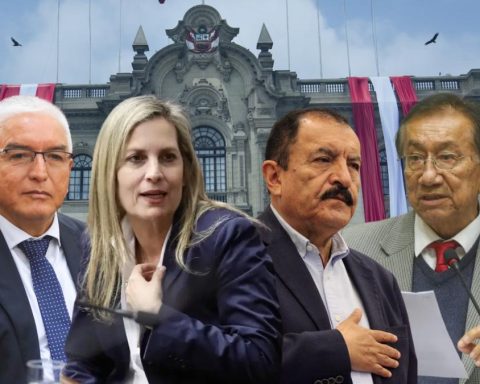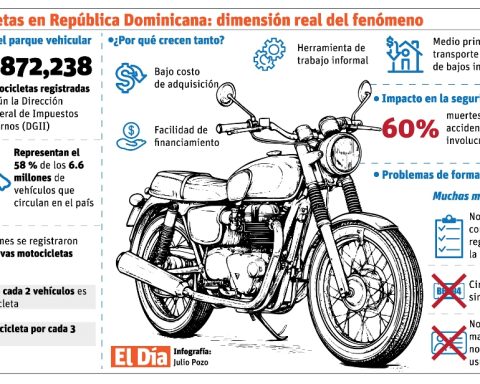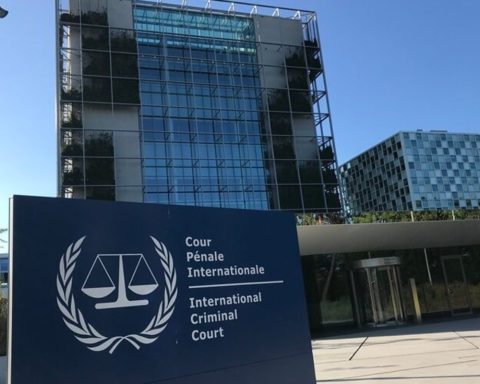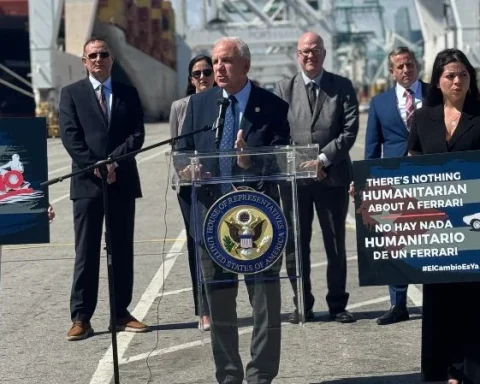The National Assembly (Parliament) of Nicaragua accepted this Wednesday to study a bill to include the Central American country in the Latin American and Caribbean Space Agency (ALCE), promoted by Mexico, to coordinate space activities in the region.
The so-called “Initiative for the Approval Decree of the Constitutive Agreement of the Latin American and Caribbean Space Agency” was sent to the Foreign Affairs Commission of the Parliament, where, according to the law, it will be open to consultations, before being rejected or ratified by the plenary.
The ALCE’s constitutive agreement, which according to the Mexican government intends to coordinate “cooperation in exploration activities, research, space technology and its applications” to strengthen the development of the region, was opened for signature last September and quickly obtained approval. approval of 19 countries.
Related note: “Extraterrestrial Law” of the Ortega-Murillo regime enters into force
For the Latin American space agency to become a reality, its operation must be ratified by at least 11 countries in the region, according to its statutes.
So far the signatory countries are Antigua and Barbuda, Argentina, Bolivia, Costa Rica, Cuba, Dominica, Ecuador, Guatemala, Haiti, Honduras, Mexico, Nicaragua, Panama, Paraguay, Peru, Dominican Republic, Saint Vincent and the Grenadines, Saint Lucia and Venezuela.
Among the objectives of the ALCE is “strengthening” the capacity in “Earth observation systems, for agriculture, disasters caused by natural phenomena (droughts, floods, fires, hurricanes), security and surveillance, oceanography, meteorology, exploration of natural resources and urban intelligence and cartography”.
Nicaragua without experience in space issues
In February 2021, the National Assembly created the “National Secretariat for Outer Space Affairs, the Moon and other Celestial Bodies”, at the request of President Daniel Ortega, to defend the “supreme national interests and the search for opportunities”.
Last October, the Nicaraguan government inaugurated a bust in honor of Russian cosmonaut Yuri Gagarin (1934-1968), the first man to travel into space, in a ceremony attended by his compatriot Fyodor Yurchikhin, one of the men who spent the longest time has remained in space, with 673 accumulated days.
Nicaragua is a country without tradition or experience in space issues.

















